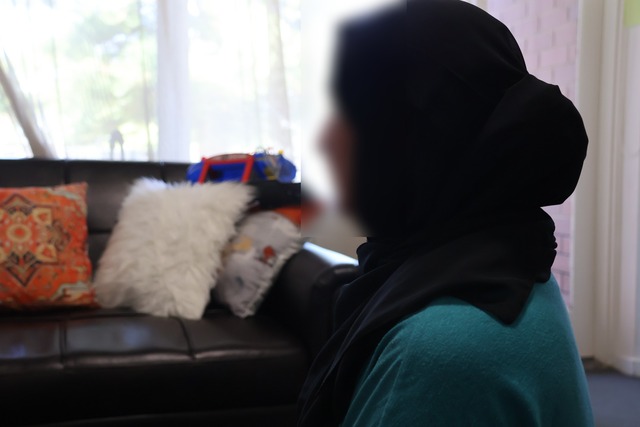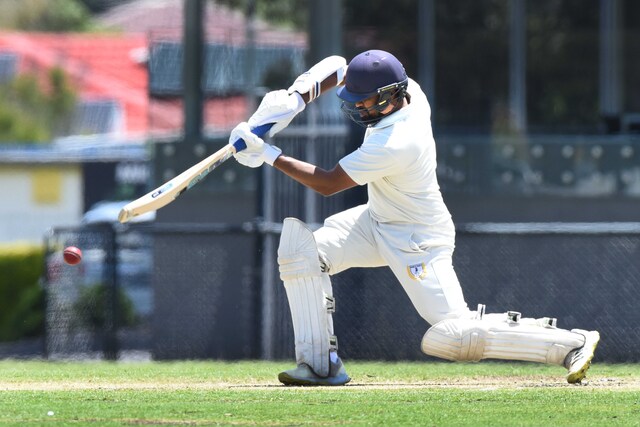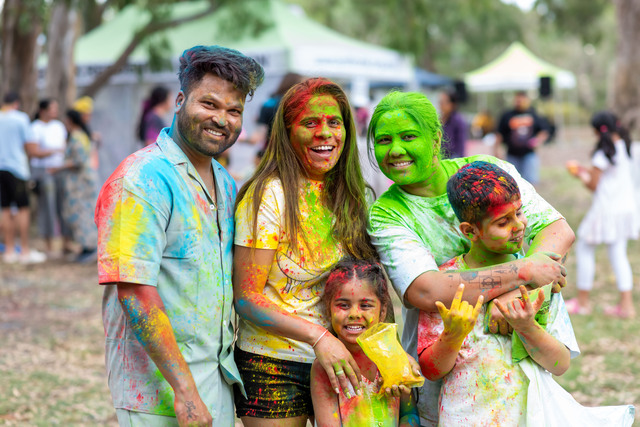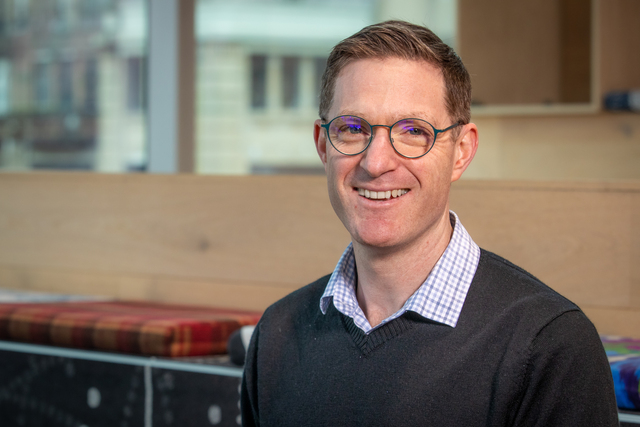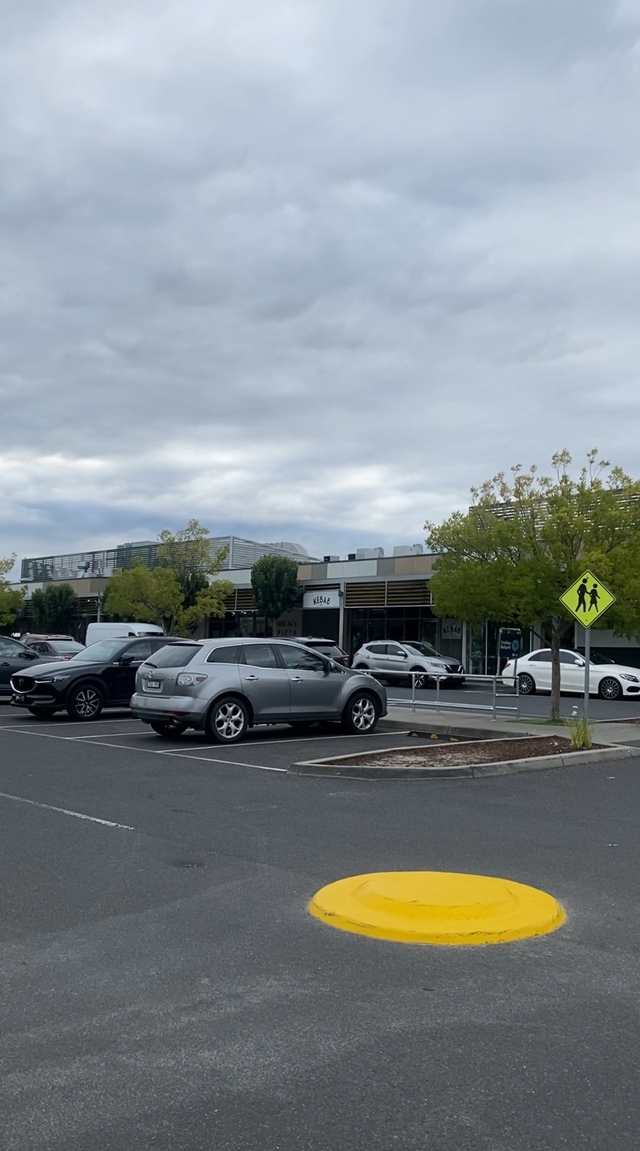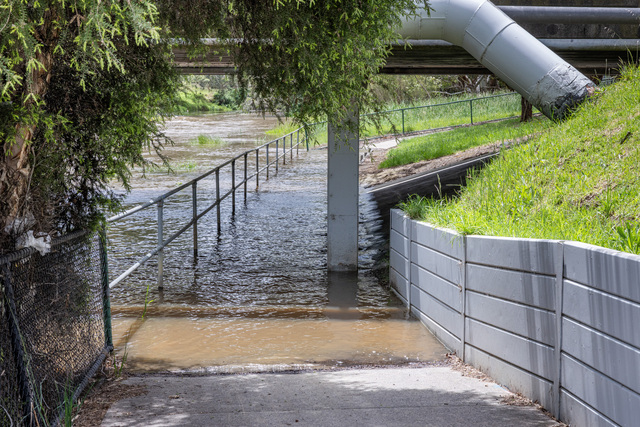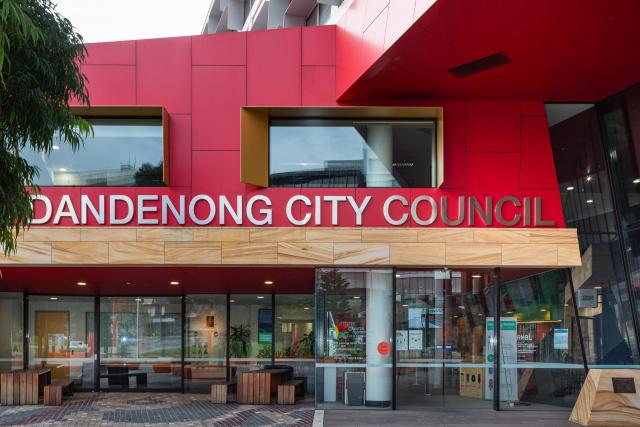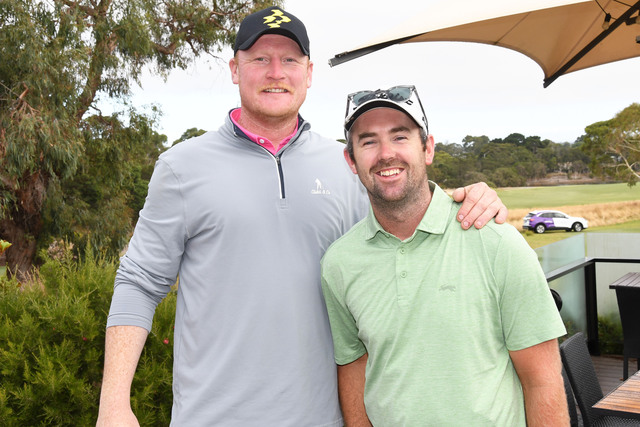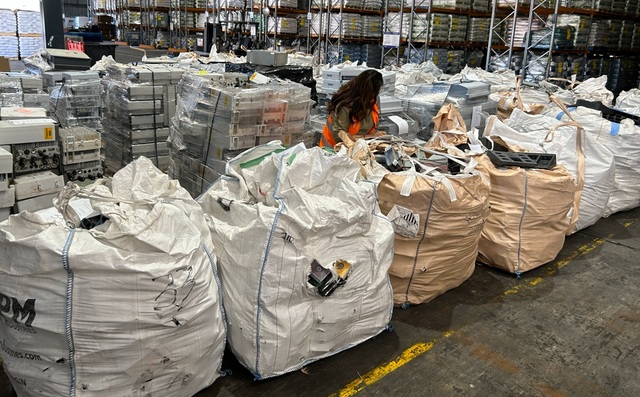A South East woman, a victim of family violence, is determined to tell her story.
The single mother has been worried that her little boy would turn into someone like his abusive dad one day. For her, telling the story is a way to show the little boy how hard she fought for him against the wrongs in the family relationship.
Anyone can tell Rahima (not her real name) looks tired, but they will soon realise she is tough and ready to continue with the long legal matters against her ex-husband after three years.
She said even after the divorce and family violence intervention orders in the past three years, her ex-husband, who physically and mentally abused her, is still controlling her and would not leave her alone.
Five years ago, Rahima got married to her ex-husband and the domestic violence started after several months of marriage, the honeymoon period.
“He physically abused me. He did not let me go anywhere. He cut all my friends from me. He changed my number. He told me to resign from my job,” she recalled.
She suffered from a miscarriage after being hit during the pregnancy.
“After three months I got pregnant again with my son now. I had to hide that from him for six weeks. I didn’t tell him because I was very scared that he might be violent to me again and I might get a miscarriage again,” she said.
“After six weeks, I told him that, yes, I’m pregnant. Then, while I was three months pregnant, again, he hit me a lot.”
Rahima said that her ex-husband started to be violent with her son when he was about three to four months old.
In 2022, she called the police. The ex-husband was arrested, but no charges were laid.
Eight months later, an official Family Violence Intervention Order (FVIO) was granted against the ex-husband for a year. Rahima later gained a five-month extension, which has now expired.
Now without the protection of an FVIO, she will apply for a new five-year extension due to the continued controlling behaviour concerning the child’s parenting. Currently, Rahima and her ex-husband share joint decision-making responsibility for their son.
Rahima said she was in a very stressful and bad situation with her ex-husband as he just wouldn’t let her alone.
“I don’t feel safe from this person. I’m not sure what he will do if he doesn’t have an intervention order on him. He can do whatever he wants,” she said.
“How can I trust the person who has done almost three years of family violence on me? He was not just abusive physically. He was abusive from the mouth.
“He was telling me very bad words. He was taking my videos. He was not taking care of my son. He was physically abusive to my son.
“He is very controlling now. He is not leaving me to decide for my son.”
Rahima was frustrated about the five months she had to wait this year before getting the extension of the Intervention Order and the fact that there was no charge against the perpetrator.
“They were not taking me seriously. And that’s why this person is now at the top of my head,” she said.
She was also frustrated that her culture and community did not help to tell her ex-husband to stop.
“I have been to court. I have been to the police station. They have not told him to stop. No one told him to stop,” she said.
“Now he learned that he could abuse me more. He knows that there is no one on the back of me.
“I’m the proof of violence. No one is taking a step. I cannot afford a good lawyer because I’m totally on Centrelink. My son is totally on my responsibility. I cannot leave my son to anyone.
“I’m really alone here.”
But Rahima will not give up. She knows how much a father can be an influence on a child, good or bad. She is worried that the toxic aspects of her ex-husband will one day be passed onto her little boy.
“I don’t want my son to be the same guy as my ex-husband. He has to learn how to respect women. I’m scared for him when he is going to his father because he is learning a lot from him. The things he is learning for him is dangerous for him to be in the communities when he grows up,” she said.
“I don’t want to give up. I know it’s taken my time. It takes my son time. It takes my job. It takes everything. But still, I want to fight for this because I want to tell him how much bad you have done.
“But still the good things are there. You can be a good man for your son, not for me because I don’t have any relation with you now. But you can be a good man for him because he is learning a lot from you.”
In Melbourne’s South East, City of Greater Dandenong and City of Casey are among the highest rankings for family violence incidents in Victoria.
Casey recorded 5,738 family violence incidents in the last financial year, a 5.7 per cent increase from the previous financial year. About 32 per cent of the victims are born overseas.
Greater Dandenong had 2651 family violence incidents in the FY 2023-24, the same as the previous year’s number. About 30 per cent of the victims are born overseas.
Dalal Smiley, chief executive officer of the local women’s organisation Wellsprings for Women, said Rahima’s story was indeed a common story that mothers who left an abusive relationship did experience when it came to their children.
“The Federal Family Court makes the decisions regarding parent’s access to their children. So, while there might be a state-issued FVIO that protects the mother from further abuse, this does not mean that the father loses access to his child unless the child has been subjected to the violence as well and the FVIO covers both of them,” she said.
“This issue is one that our peak body Safe and Equal has done a consultation on and provided a submission to the government with 13 recommendations for change.”
Ms Smiley recommended that women going through similar experiences seek the support of specialist family violence services.
“It is important for women to receive the holistic support they need as they try to navigate the various services,” she said.
“Just having legal support is not enough in itself.”
She also said women from migrant and refugee backgrounds who left an abusive relationship, might also face community backlash and could feel isolated.
“Having the support of a caseworker is critical in helping the victim/survivor through this phase and providing options for healing, recovery and resilience building,” she said.
“At Wellsprings our role does not end when the client leaves the relationship and is safe from violence, we continue supporting her post the violence to address the challenges that she will face which at times become too overwhelming and could lead her to return to the abusive partner.”

